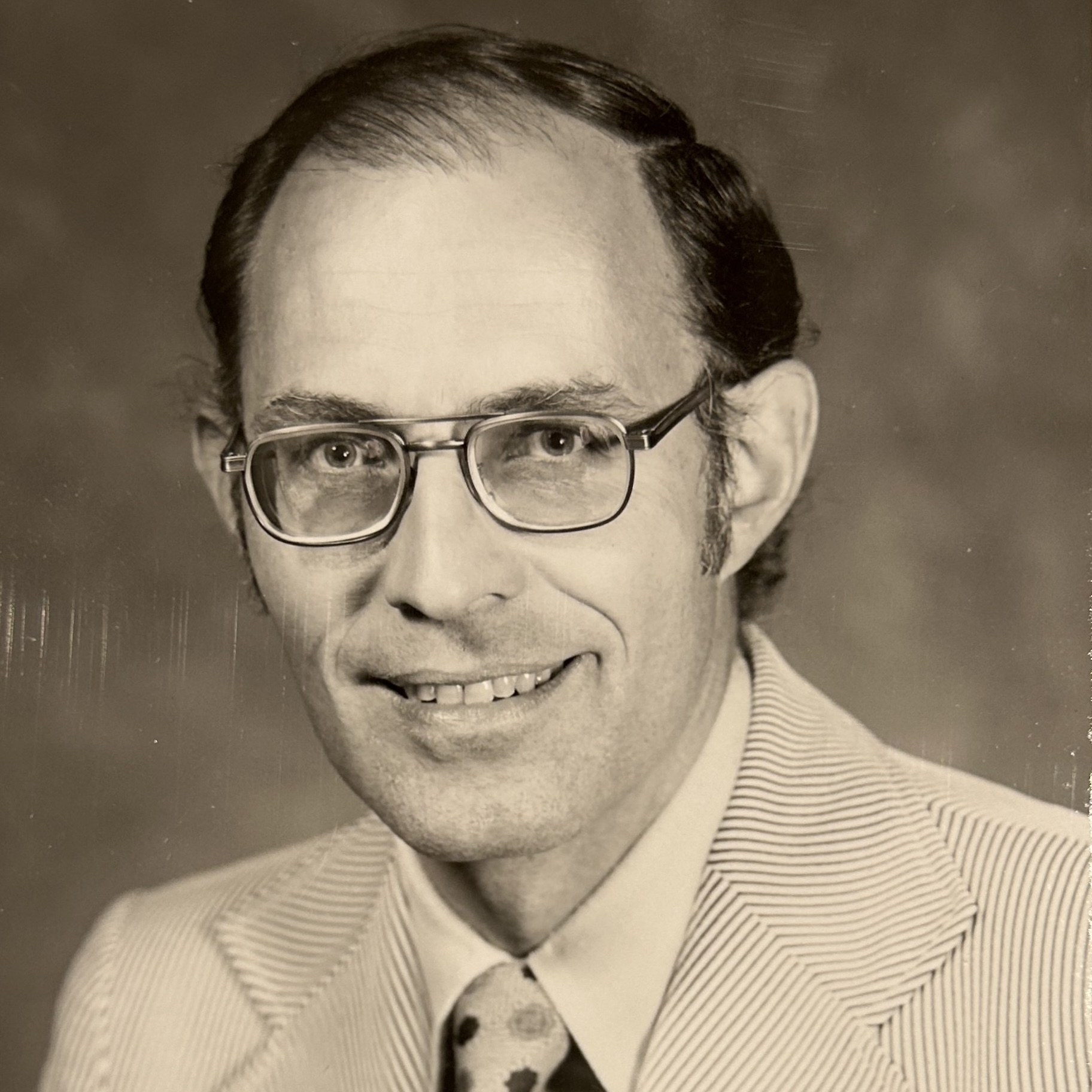Gene first came to my attention when, as a graduate student at Berkeley in the late sixties, I heard of a couple of Mormon intellectuals “down the peninsula” at Stanford who were founding “a journal of Mormon thought.” I had not met Gene (or Wesley Johnson, the other founding editor), but I immediately assumed that I would like him. The life of the mind is addictive, and I knew I wanted to explore every idea (especially those that were close to my heart) and interact with those who shared my passion. As soon as I read the first issue of Dialogue, I knew I had found a friend in Gene. As we subsequently became acquainted, I found that my preliminary hopes and expectations were more than realized.
As time moved on, there have been many occasions where we had exiting, stimulating, and often frustrating discussions. Regardless of the topic, I always came away from these interactions with a renewed hope and commitment for the future. One of those experiences (actually a series of discussions) took place when I left the University of Michigan to teach at BYU. When I moved to BYU, the university was growing and many new faculty members were being recruited. While I found many new colleagues who shared my values and concerns, none were as supportive and helpful as Gene. He organized a group for regular meetings in his and Charlotte’s fun new home in order to explore the issues of the day. We talked, among other things, about adjusting to BYU, the implications of the growing feminist movement, African-Americans and the priesthood, and how to be effective parents in a difficult and often-threatening world. In addition to these discussions and debates, the England home also hosted many cultural evenings where friends could enjoy music, art, and philosophical discussions.
When Gene was writing the essays for what eventually became his book, Making Peace, he and I talked often about the most appropriate framework for this important work. We were both nearing the end of our BYU careers, and I felt it was really important for Gene to articulate those values and perspectives that were most important for him. I recall his emotional reaction when I told him I felt he had truly achieved this objective. In my endorsement of Making Peace on the back cover, I stated, “England’s disciplined inquiry, courage, and integrity transcend the superficial interpretations we define as ‘Christian criteria’ for human relationships.”
For many years I tried to support efforts to provide a constructive vehicle for honest inquiry into the challenges and rewards of Latter-day Saint’s efforts to be “in the world, but not of the world.” One of these vehicles was the magazine, Sunstone. I joined Gene as a member of the Sunstone board of trustees, where I saw how helpful Gene’s Dialogue experience was in framing the issues we would confront and in developing a strategic approach. After I had taken a leave of absence from BYU and the Sunstone board in order to teach in the Middle East, I had decided not to continue my active involvement on boards—Sunstone, as well as other civic and professional organizations. Gene convinced me that it was important for me to return to the board. Gene was then “writer in residence” at Utah Valley University. I recall walking through the university buildings with him, and as we talked I realized once again how important it was that we honestly live our values and walk the walk. So I rejoined the board. Shortly after this, Gene’s health started to decline, and unfortunately we didn’t have much time to work together in this effort.
I shall ever be grateful for knowing someone who could remind me of my duty to humanity with such power and simplicity. On many occasions Gene helped me think through the implications of decisions I had to make and the costs of compromise. Such people are rare in this world—we need more Gene Englands in our midst.
